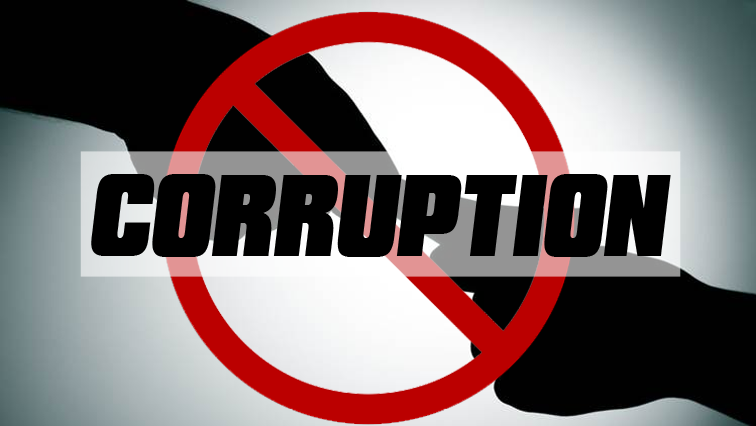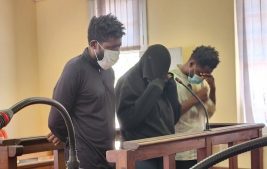South Africa’s fight against corruption has stagnated over the last 10 years, according to the latest Transparency International Corruption Perceptions Index.
It shows South Africa, along with many other countries, has reached a virtual standstill in efforts to fight corruption.
In 2012 South Africa scored 43, ranking 69 out of 176 countries.
Last year the country scored 44, dropping one place in rank to 70 out of the now 180 countries.
Legal Researcher at Corruption Watch, Mashudu Masutha, says the country has made no significant progress.
“The country has unfortunately either declined and has made no significant progress since 2012. What this illustrates is South Africa over the last 10 years has been unable to manage the systemic issues of corruption particularly in the public sector to account. Because the CPI looks at political and administrative corruption of the public sector, this finding of South Africa remaining stagnant over the last 10 years means the country is unable to prioritise anti-corruption and place it high on the national agenda.”
The Corruption Perceptions Index 2021 shows that countries who violate civil liberties consistently score lower on fighting corruption.
Check out our analysis ➡️ https://t.co/YvtVQHnSg5
#CPI2021 pic.twitter.com/Dd3jsA3OTY— Transparency International (@anticorruption) January 25, 2022
President of the South African Federation of Trade Unions (SAFTU) Zwelinzima Vavi says the Corruption Perception Index should not surprise anyone.
“That South Africa comes at the same place where it was 10 years ago, in the Corruption Perception Index should not surprise anyone. Even those that promised they were going to bring in a new approach in the battle against corruption have dismally failed. The President of this country promised so much but there is absolutely no evidence that we are doing anything against corruption, instead our country regrettably is in a slow and steady march towards a failed state.”
Proposed recommendations
The Index proposes a number of recommendations for people to demand of their governments in order to end the vicious cycle of corruption. This including the independence of public oversight bodies such as anti-corruption agencies and supreme audit institutions.
Corruption Watch says the highest priority in the South African context is the need to uphold the right to information in government spending. At the heart of this is for transparency in public procurement. Mashutha elaborates:
“South Africa in order to improve their ranking on the CPI index there needs to be a reprioritisation of the anti- corruption commitments. And for those commitment’s to be high on the national agenda and to inform public policy, so South Africa is already a party to and signed on to various commitments. On a national level and national anti -corruption strategy has been completed and formulated but the strategy has not been placed high up on the national agenda to inform public policy and to be a part of decision-making processes. And this means issues of whistle blowers, the strengthening of your oversight bodies, the independence of media is prioritised.”
South Africa sits alongside Jamaica and Tunisia on the index and is number eight in Sub-Saharan Africa. South Sudan, Syria and Somalia remain at the bottom of the index.
The index ranks 180 countries and territories by their perceived levels of public sector corruption according to experts and business people. It relies on 13 independent data sources and uses a scale of zero to 100, where zero is highly corrupt and 100 is very clean.
This year, the top countries are Denmark, Finland and New Zealand, each with a score of 88. Norway, Singapore, Sweden, Switzerland, the Netherlands, Luxembourg and Germany complete the top 10
BUSA CEO Cas Coovadia comments on the Corruption Perception Index:






